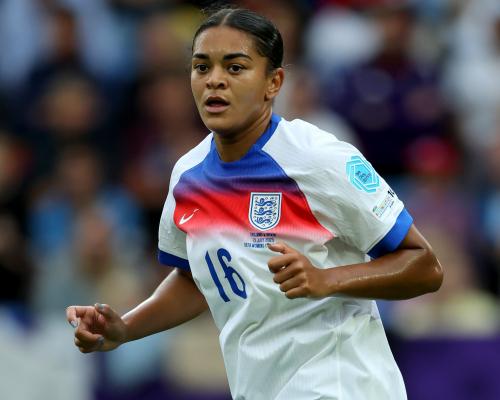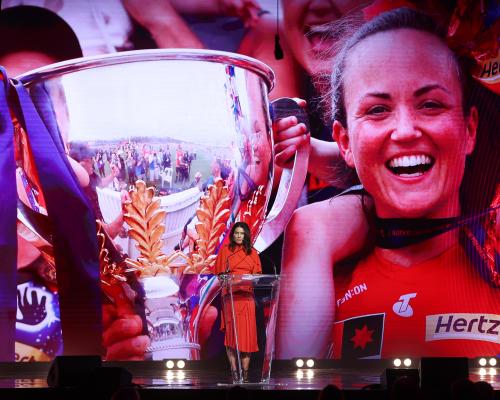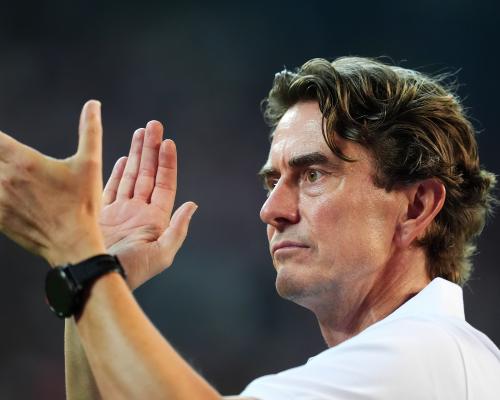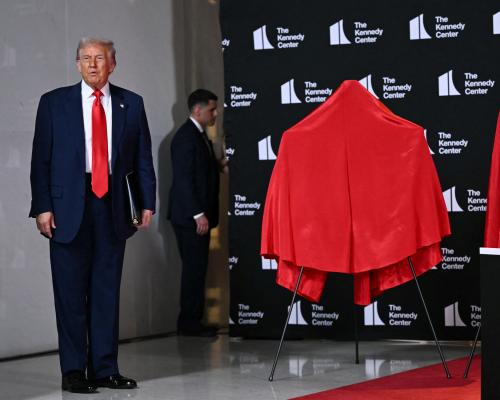
Most of Britain’s leading sports teams and governing bodies still have no specific safeguarding policies to protect women from online abuse, research has found.
The study, which analysed the public policies of 52 organisations and clubs across football, cricket and rugby union, warns they are “shirking their duty of care, shifting the responsibility on to athletes to safeguard themselves” as a result.
The issue made headlines again this week when the Lionesses’ star Jess Carter said that she had been wary of playing at Euro 2025 after receiving racist abuse. That is only the tip of the iceberg, however, with Fifa finding that female footballers were 29% more likely to face online abuse or threats at the Women’s World Cup in 2023 compared with their male equivalents at Qatar 2022.
Numerous female athletes from tennis, athletics and across sport have also spoken out against misogyny, threats and abuse online. When Sheffield Hallam and University College Birmingham scrutinised policies of clubs in the Women’s Super League, Women’s County Championship and women’s rugby union championships, as well as governing bodies such as the Football Association, they were concerned about how little focus there was on combating abuse of female athletes.
“Clubs lack adequate protection against social media and are failing to manage the increased attention on female athletes,” they say. “Given that female athletes face three times more online abuse than their male counterparts and are gaining more online visibility, this is especially concerning.”
“No clubs or organisations differentiated the support or protection of social media policies for women’s sports, and female athletes were only explicitly mentioned in the FA’s Game Changer Objectives for the women’s game,” they add.
The study, published this week in the Communication & Sport journal, acknowledges some bodies have launched campaigns, but adds: “These acts are superficial and performative, lacking genuine care and protection, yet organisations are commended for them.
“Campaigns often focus on racism while under-representing other forms of discrimination primarily targeting female players. This illustrates the lack of specificity regarding the protection of female athletes. Furthermore, it demonstrates how organisations and clubs are shirking their duty of care, shifting the responsibility onto athletes to safeguard themselves.”
The study’s lead researcher, Amberlie Williams, told the Guardian that while some clubs did brief players on safety and security online, and provide them with the tools to protect themselves on social media, such policies did not go far enough. “We know that sports use social media as a way of promoting athletes and, in turn, their sport, to create more revenue through the women’s game,” she added. “But if we’re then not actually seeing policies which specifically consider the female athlete on social media and how they’re protected, then where do their priorities lie?”
She said spurning social media was unrealistic. “Female athletes, in particular, rely on social media for things like brand sponsorships. And so boycotting social media removes them from that space which is a workplace for them.”







